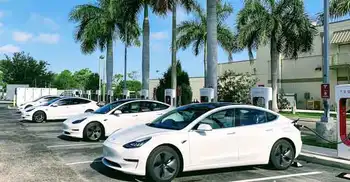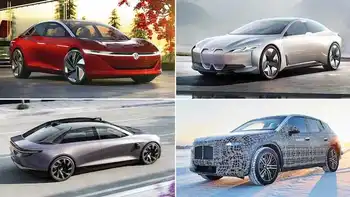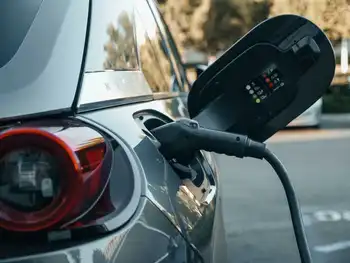Ford Motor Co. details plans to spend $1.8B to produce EVs
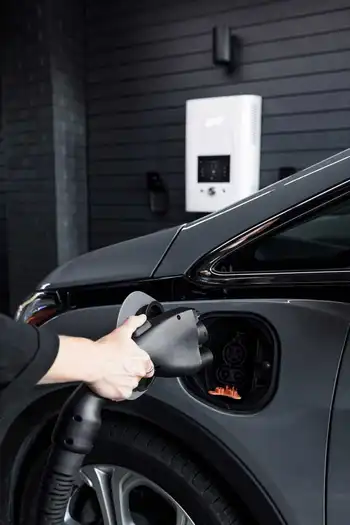
TORONTO -
Ford Motor Co. has revealed some details of its plan to spend $1.8 billion on its Oakville Assembly Complex to turn it into an electric vehicle production hub in the latest commitment by an automaker transitioning towards an electric future.
The automaker said Tuesday that it will start retooling the Ontario complex in the second quarter of 2024 and begin producing electric vehicles in 2025.
The transformation of the Oakville site, to be renamed the Oakville Electric Vehicle Complex, will include a new 407,000 square-foot battery plant where parts produced at Ford's U.S. operations will be assembled into battery packs.
General Motors is already producing electric delivery vans in Canada, but Ford says this is the first time a full-line automaker has announced plans to produce passenger EVs in Canada for the North American market.
GM said in February it plans to build motors for electric vehicles at its St. Catharines, Ont. propulsion plant. The motors will go into its BrightDrop electric delivery vans, which it produces in part at its Ingersoll, Ont. plant, as well as its electric pickup trucks, producing enough at the plant for 400,000 vehicles a year.
Ford's announcement is the latest commitment by an automaker transitioning towards an electric future.
"Canada and the Oakville complex will play a vital role in our Ford Plus transformation," said chief executive Jim Farley in a statement.
The company has committed to invest over US$50 billion in electric vehicles globally and has a target of producing two million EVs a year by the end of 2026 as part of its Ford Plus growth plan.
Ford didn't specify in the release which models it planned to build at the Oakville complex, which currently produces the Ford Edge and Lincoln Nautilus.
The company's spending plans were first announced in 2020 as part of union negotiations, with workers seeking long-term production commitments and the Detroit Three automakers eventually agreeing to invest in Canadian operations in concert with spending agreements with the Ontario and federal governments.
The two governments agreed to provide $295 million each in funding to secure the Ford investment.
"The partnership between Ford and Canada helps to position us as a global leader in the EV supply chain for decades to come," said Industry Minister Francois-Philippe Champagne in Ford's news release.
Funding help comes as the federal government moves to require that at least 20 percent of new vehicles sold in Canada will be zero-emission by 2026, at least 60 per cent by 2030, and 100 per cent by 2035.
Related News
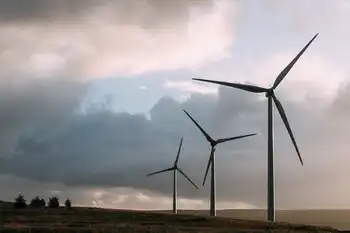
Why the Texas grid causes the High Plains to turn off its wind turbines
AUSTIN - Texas’s High Plains region, which covers 41 counties in the Texas Panhandle and West Texas, is home to more than 11,000 wind turbines — the most in any area of the state.
The region could generate enough wind energy to power at least 9 million homes. Experts say the additional energy could help provide much-needed stability to the electric grid during high energy-demand summers like this one, and even lower the power bills of Texans in other parts of the state.
But a significant portion of the electricity produced in the High Plains stays there for a simple reason: It…


